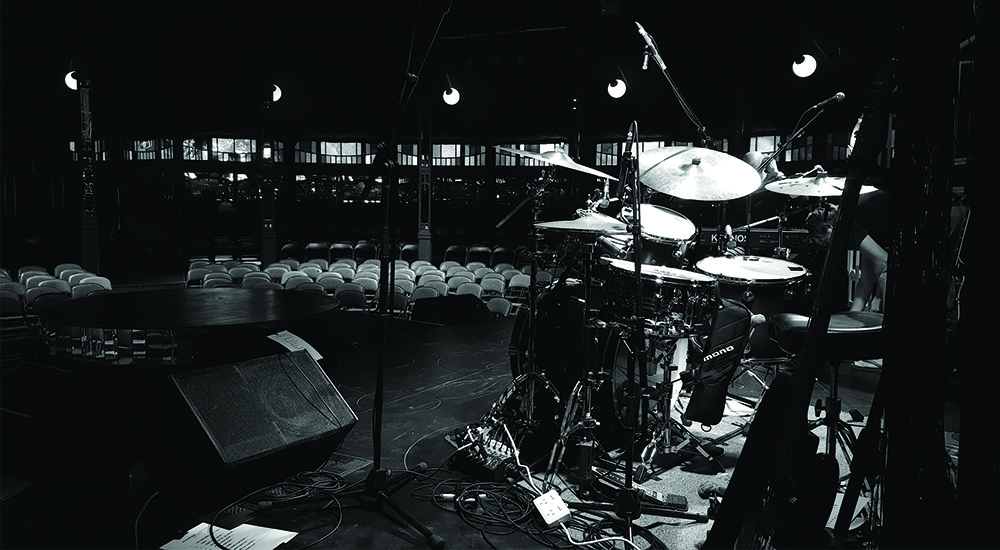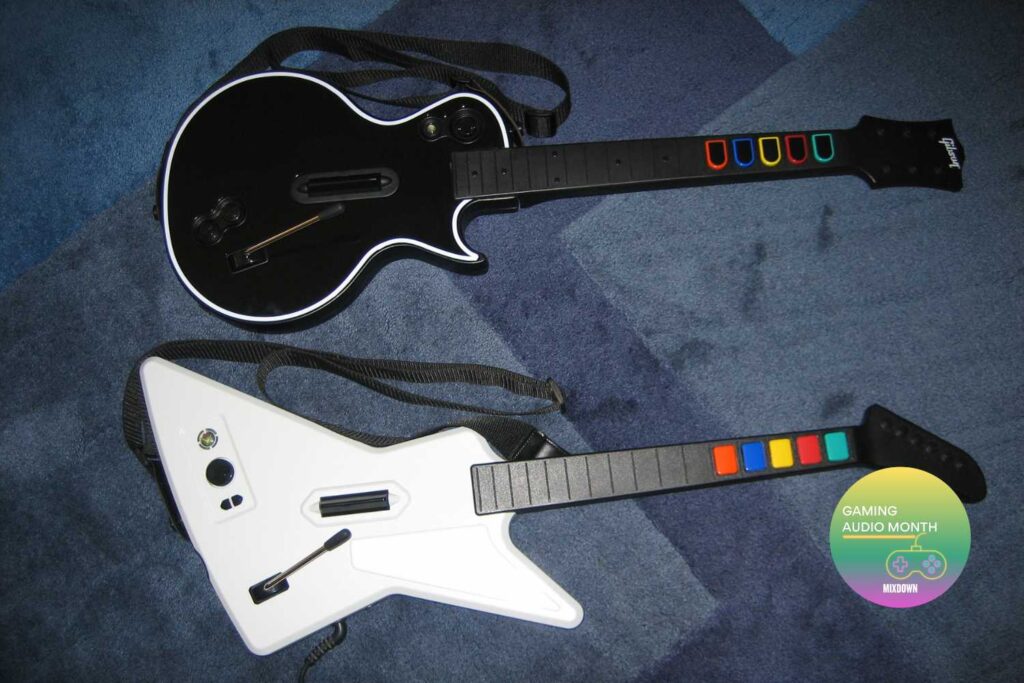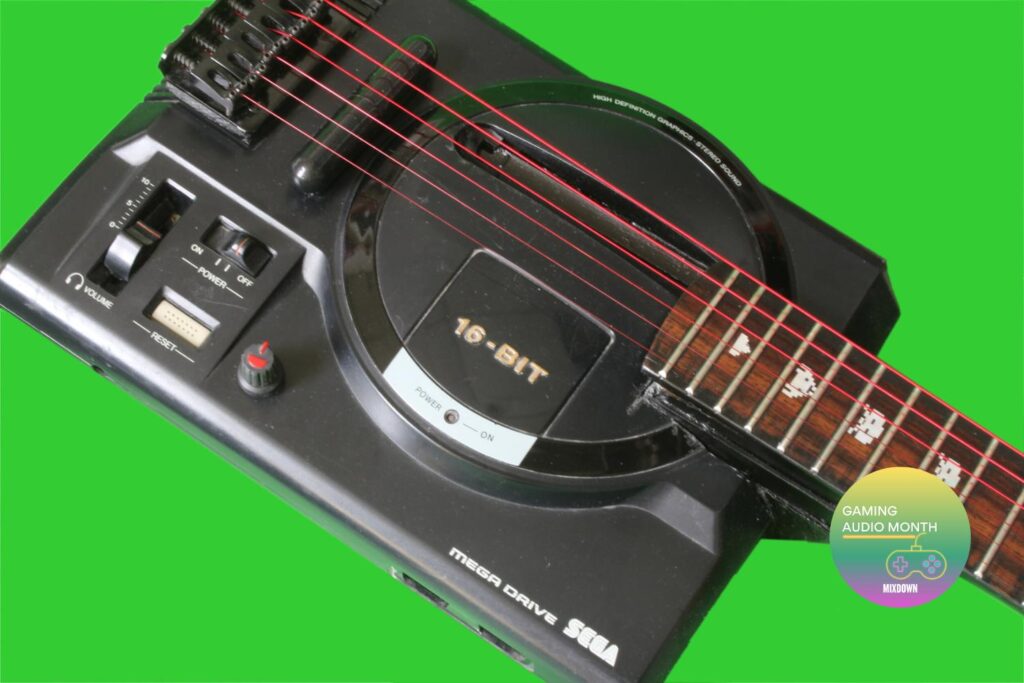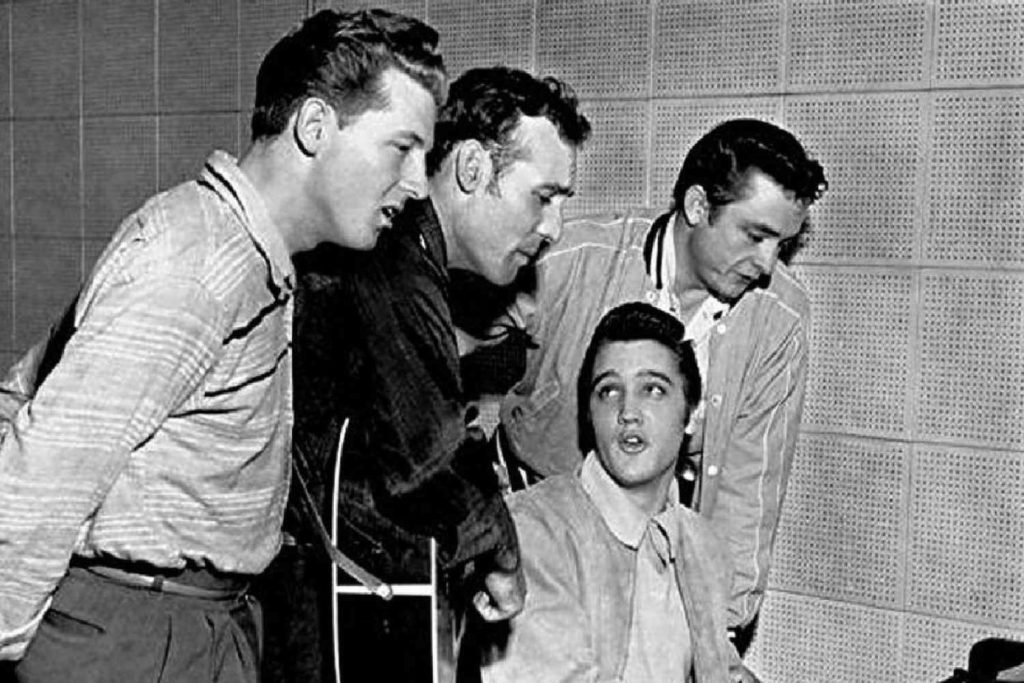At the beginning, whether we’re young kids or starting older, we simply don’t have the knowledge or experience to know how to even play the drums let alone understanding what sound a drum or cymbal can give us. We haven’t listened to enough music to be learned in different styles or musical language. All we can do at this stage is imitate – everything from ways to play to set ups and brands of instruments. I bought my first good drum kit – a Sleishman – purely because my teacher had one and I liked the way it sounded at live gigs. I never actually tried tuning one or experimenting with the tonal variations I could get out of the snare drum. I was merely using the limited knowledge I had to get a good drum kit.
Obviously, with maturity on the instrument comes a more finely tuned ear and a preference of what sounds good or not. From there arises the desire to solidify what kind of drummer you want to be and what you want to sound like. Master drummers Steve Gadd and Dave Weckl for example both have very distinct sounds. For me, Gadd in particular during the 80/90s had a very influential ‘studio-like’ sound that so many of us tried to replicate. For both, the sound has evolved over time.
All of what I’ve mentioned so far is all well and good, but to be completely frank, I change my mind about what I love so bloody often it’s not funny. I love cracky snare drums but also love deep and fat sounding snares. I love huge crashes and vintage sounding drums but also the smaller, crisp nature of fusion sounding drums/cymbals from the 90s or gospel drummers of today. I couldn’t imagine just having one sound/voice. This makes finding my happy medium rather difficult. Also, I’m not in a position to have a massive drum kit with 40 pieces to set up at every gig either but that really doesn’t accomplish that much either really.
Lets go the other way for a second. If you only have one sound – your sound – does this make you a less versatile as a drummer in the real world? Let’s face it, one weekend it’s a pub gig, the next a wedding or a jazz gig. Can one kit or sound rule them all? It’s a tough question to answer, but to be fair though, even the masters’ sound develops over time as their own tastes change, and one drum kit can be used to cover a lot of bases. Yet, so many of us have a stack of snares and multiple kits.
As mentioned, this idea of finding your own voice lies in making a conscious decision to do so and deciding what sort of drummer you want to be. In the end, if you want to be able to cut a variety of gigs, you’ll need to have a few different sounds up your sleeve – there’s no way around it. If you really want to focus on one style or sound, that needs to be your choice and within that style, your sound will develop. If you become a famous drummer, people will hire you for your thing so you can do what you like. For me, I think I need to have a home base from which to branch off and return to. If I solidify myself in a base sound/style I love to play all the time, I can adapt from there to cover other styles but I’ve got a base sound. I might keep changing my mind but it’s certainly an interesting concept and I’ll probably have fun trying to get to the bottom of it. I’ll still play like me at least.







